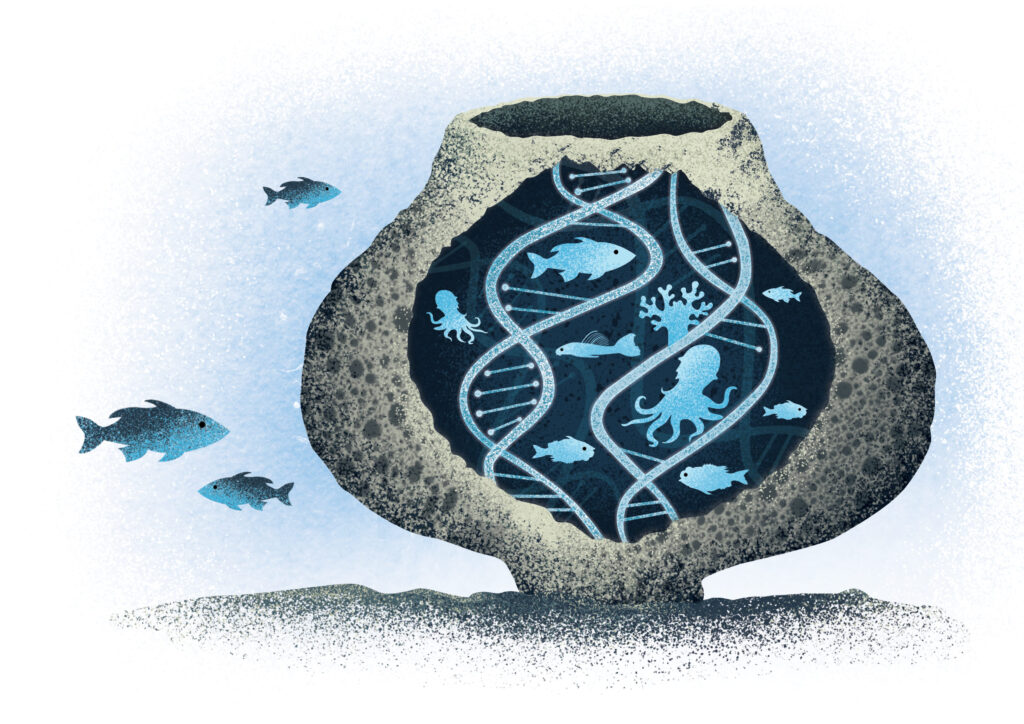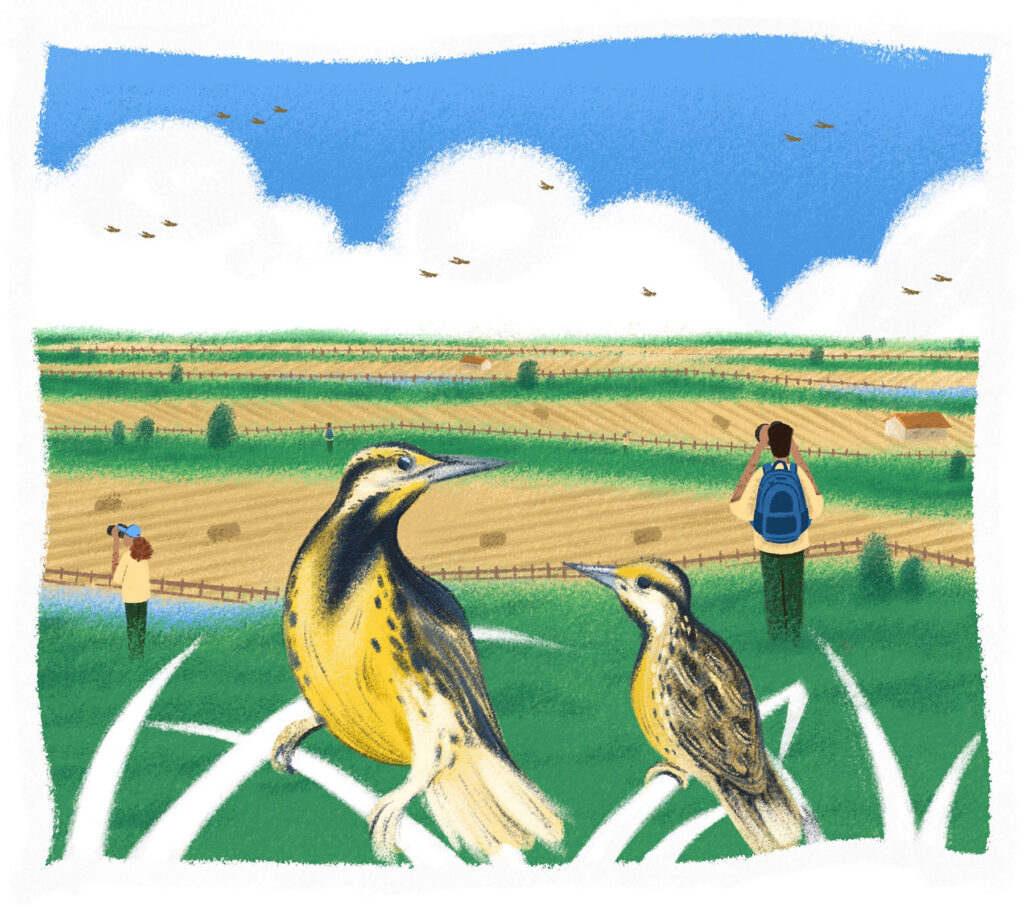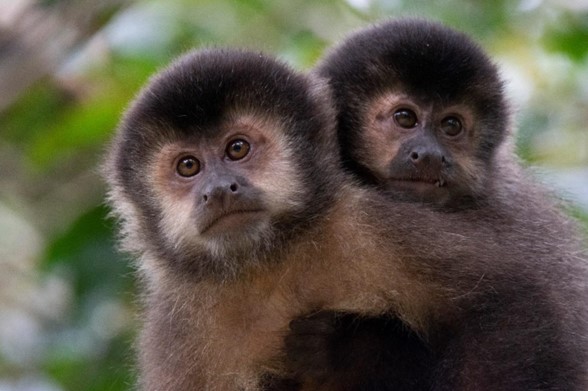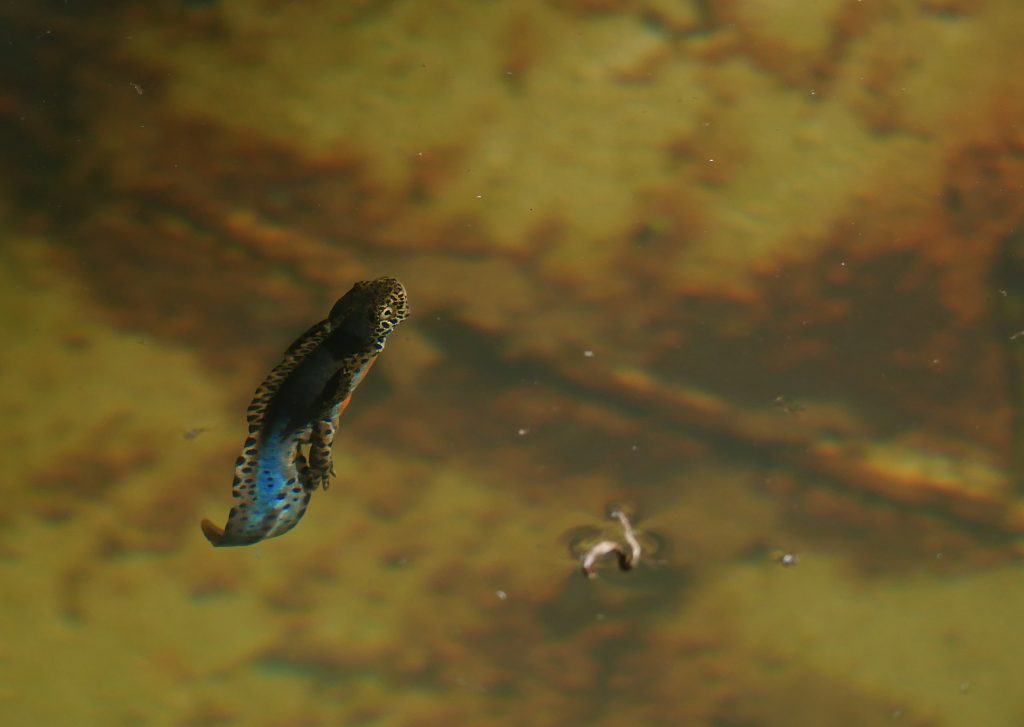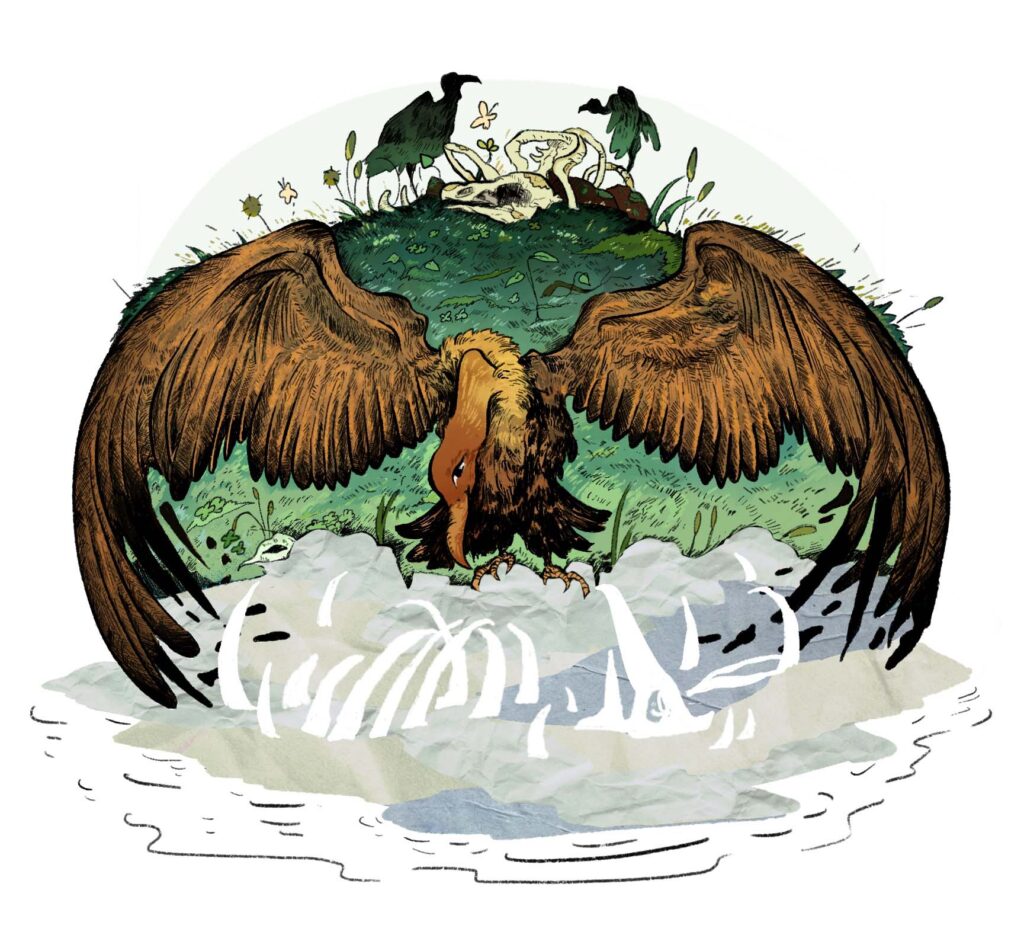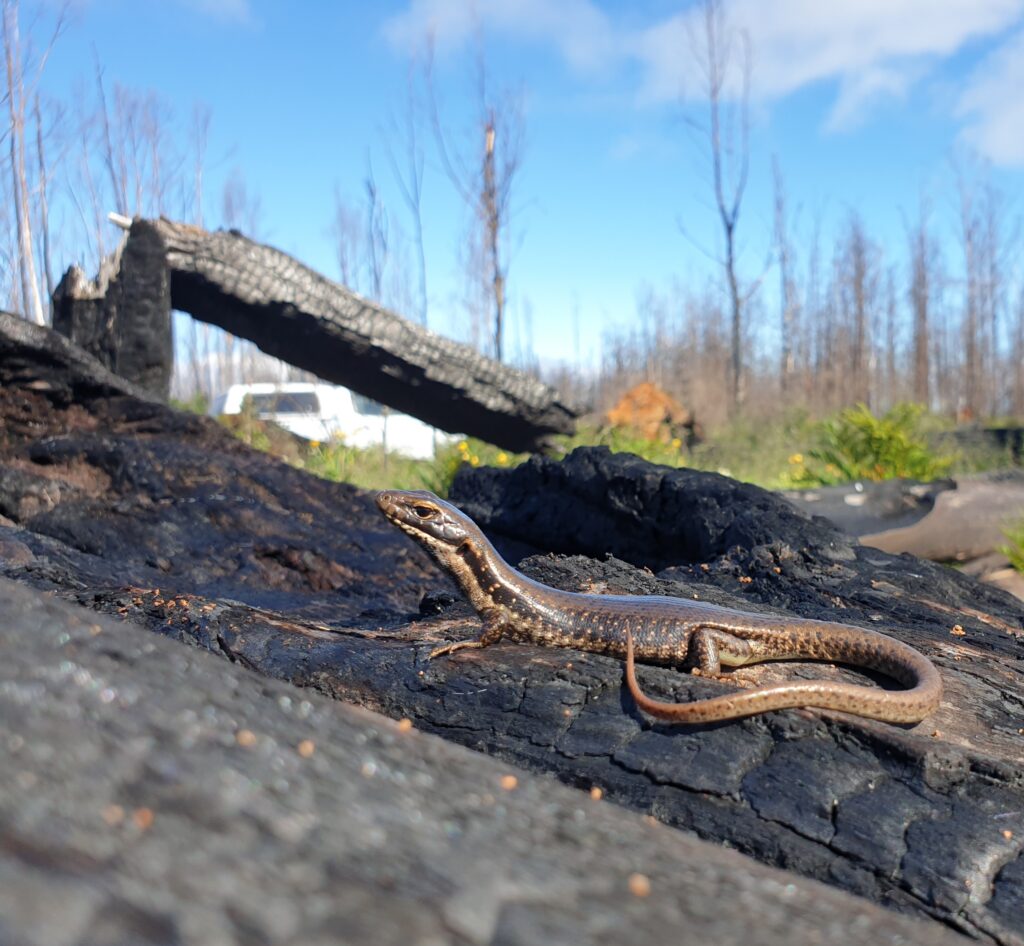Climate-change is a reality, and conservation efforts must adapt to deal with it.
Life on earth hangs on a highly delicate balance of many factors, one of the most critical being temperature. Any change in the surrounding temperature can have a drastic impact on the life history strategies of most organisms. In the past few decades there have been records of global warming, and the various consequences that follow, usually as precocious natural phenomenon. Though anthropogenic activities have often been thought of as a major contributor to global warming, there have been very few studies that demonstrate it as ‘the’ causal factor.
Of the few, there is one study by Kearney et al. (Biology Letters, March 2010), which reported anthropogenic warming as the cause for early emergence of the annual common brown butterfly Heteronympha merope in Melbourne, Australia. The team gathered information on the emergence dates of the butterfly from 1941 to 2005, from museum records and privately collected data, and calculated the average emergence date for every ten years. They also observed the effect of temperature on the life cycle of the butterflies, from egg to adult stage in the laboratory. Historical weather record of the region from 1947 to 2007 was used to model the physiological response of the butterflies to temperature. Further, climate change models of the region were also made.
It was found that butterfly instars respond to increasing temperature, and 5th instars never survived at or beyond 25°C. The predicted earlier emergence by 1.5 day per decade due to increasing temperature in the region almost coincided with the observed 1.4 day earlier emergence each decade for the past 65 years. They also found that “the observed regional warming trend is consistent with the modelled climate response in this region to increasing greenhouse gases and other anthropogenic climate forcing”.
This study showed anthropogenic warming as a clear cause for phenological shift in a butterfly.
Further reading
Kearney MR, Briscoe NJ, Karoly DJ, Porter WB, Norgate M and Sunnucks P. 2010. Early emergence in a butterfly causally linked to anthropogenic warming. Biology Letters 6:674-677.
* Sandhya Sekar is a PhD student at the Centre for Ecological Sciences, Indian Institute of Science, India. sandysek@gmail.com
